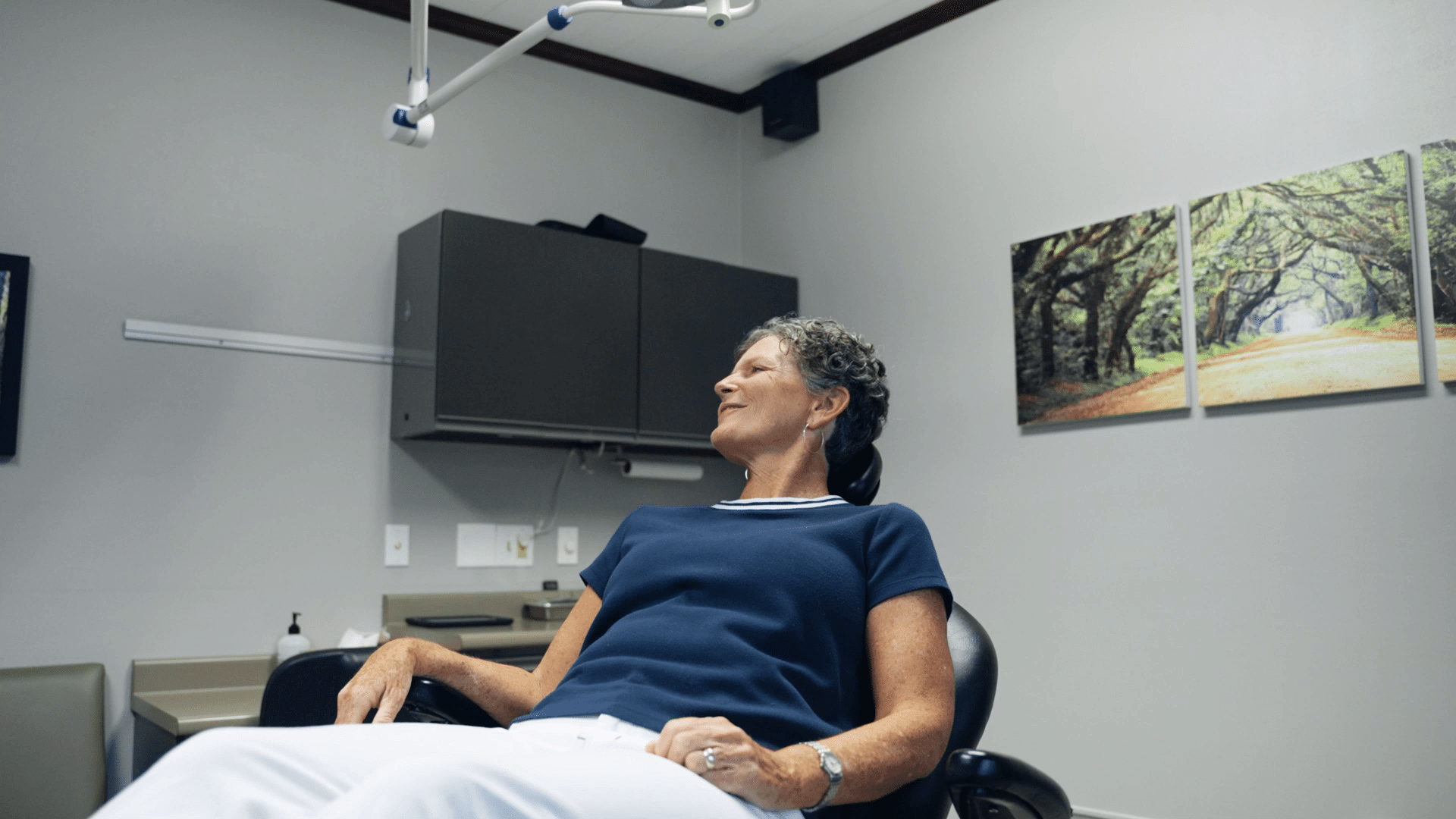
Getting Ready for Your Mohs Surgery
If you’ve been scheduled for Mohs surgery to treat skin cancer, you might have questions about what to expect and how to prepare. This page will walk you through everything from what to do before surgery to how to take care of yourself afterward.
1. Before Your Surgery
Clear your schedule
Mohs surgery can take several hours depending on how many layers of skin need to be removed. Plan to be at our office for most of the day.
Arrange a ride, if instructed to do so
Bring a friend or family member to drive you home. You may be tired or swollen afterward and will appreciate the support.
Review your medications
Let us know what medicines you take including vitamins, aspirin, ibuprofen, and supplements like fish oil. Some of these can increase bleeding and may need to be paused a few days before surgery. Don’t stop any medications without checking with your doctor first.
Skip alcohol the day before
Alcohol can increase bleeding, so it’s best to avoid it the day before surgery.
Eat normally
You don’t need to fast have a light breakfast before coming in.


2. What to Bring
- A list of your medications
- Your insurance card and photo ID
- A book or something to keep you entertained
- A snack and water
- Someone to drive you home if desired or if it was recommended
- Wear comfortable clothes that are easy to remove around the area being treated. For example, if surgery is on your face, a shirt that doesn’t have to go over your head is best.
3. What Happens During Surgery
You’ll be awake
Mohs surgery is done using local numbing (like what a dentist uses). You won’t feel pain during the procedure, but you’ll be awake the whole time.
We remove the cancer in layers
The surgeon removes a thin layer of skin and checks it under a microscope. If cancer cells are still present, we’ll repeat the process until all cancer is gone. This helps keep as much healthy skin as possible.
Repairing the area
After all cancer is removed, your surgeon will decide the best way to close the wound whether it’s stitches, letting it heal naturally, or using a skin flap or graft.

4. After Surgery: Caring for Yourself at Home
Keep the area clean and covered
We’ll give you step-by-step instructions for caring for the wound, including how often to change bandages and apply ointment.
Rest and take it easy
Avoid bending, lifting, or exercise for several days. Too much activity can cause bleeding or swelling.
Manage swelling and discomfort
Use an ice pack (wrapped in a towel) and keep the area raised if possible especially for surgeries on the face.
Pain relief
Most people only need Tylenol (acetaminophen) and Ibuprofen (Aleve, Advil). We will tailor your pain control for your surgery and ensure you leave feeling comfortable during the recovery period.
Watch for signs of problems
Some redness, swelling, or slight bleeding is normal. But call us right away if you have:
- Heavy bleeding that doesn’t stop with pressure
- Fever or chills
- Pain that gets worse instead of better
- Yellow or green discharge
Keep the area clean and covered
We’ll give you step-by-step instructions for caring for the wound, including how often to change bandages and apply ointment.
Rest and take it easy
Avoid bending, lifting, or exercise for several days. Too much activity can cause bleeding or swelling.
Manage swelling and discomfort
Use an ice pack (wrapped in a towel) and keep the area raised if possible especially for surgeries on the face.
Pain relief
Most people only need Tylenol (acetaminophen). Avoid Advil, Aleve, or aspirin unless we tell you otherwise, since they can increase bleeding.
Watch for signs of problems
Some redness, swelling, or slight bleeding is normal. But call us right away if you have:
- Heavy bleeding that doesn’t stop with pressure
- Fever or chills
- Pain that gets worse instead of better
- Yellow or green discharge


5. Follow-Up Care
We’re always on-call for you
We’re always on-call for you
We’re always on-call for you
Scars improve with time
Scars improve with time
Scars improve with time
Regular skin checks are important
Regular skin checks are important
Regular skin checks are important
| To Do | When |
|---|---|
| Review medications with your doctor | 1 week before |
| Stop any meds we recommend | 3–7 days before |
| Wash area with antibacterial soap | 2 nights before |
| Don’t drink alcohol | Day before |
| Eat a light breakfast | Day of surgery |
| Bring driver + supplies | Day of surgery |
| Follow wound care instructions | After surgery |
| Take it easy | For at least 1 week |


